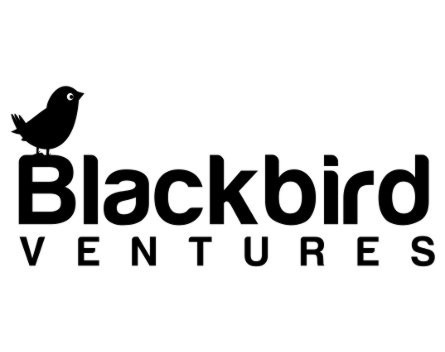
Eight months, over 500 applications and nine investments later, Blackbird Venture Capital has published a detailed update about the deal-flow on their blog.
Since launching earlier this year, 326 start-ups have applied to Blackbird Venture Capital, and a further 260 to the Startmate Accelerator Program.
Fund co-founder Rick Baker told StartupSmart almost 100 of the ideas pitched to them weren’t even logged because they were pitched too early.
“It was more a stage issue, as we’ll log anything even if it’s a crazy idea. For that 100, they were usually people who had ideas that hadn’t formulated their idea into an actual business yet,” Baker says.
Baker says they rarely invest in start-ups without customer traction, and they do look at revenue as a key indicator.
“We like a late seed round company, where the product is in the hands of a core group of happy, repeat customers,” Baker says. “One of the greatest indicators of happy customers is revenue, and especially recurring revenue, so that is something we focus on but that’s not the only measure.”
Of the nine start-ups they’ve invested in, only one, Canva, didn’t have a product in the market. Baker says the fact the founders had successfully ran a similar business previously, had generated serious excitement and capital from Silicon Valley and attracted a great tech team meant they were happy to break their own rules and back them.
“For 99.9% of start-ups who are only at business plan stage, and we do see a lot of them, it’s a fairly quick no from us. These guys should talk to the angel community if they need funding to take the next step,” Baker says.
For Blackbird Venture Capital, the deal make-or-break factor is a founder with an authentic connection to the problem they’re trying to solve.
“We really need to see the founder and be convinced they’re the best in the world to deliver and execute on the idea they’re talking about. This means having both expertise and passion around a certain industry, activity or demographic they’re trying to attract,” Baker says.
He adds the global start-up ecosystem is seeing the impact of the commoditisation of entrepreneurship, but successful start-ups rarely spring from founders who lack an authentic connections and industry experience.
“I do feel that a bunch of founders we’ve seen have sat in their bedroom and thought up an idea without a unique connection to it. It can be a great idea, but you have to have done it outside in the real world environment to actually be innovative,” Baker says. “I’d rather see founders go and work for a start-up in an area they’re interested in first, so they can become the experts before launching their own idea.”
Genuine experience will enable founders to create viable business ideas that are distinct enough from competitors to be worth exploring. Baker adds this was the key issue with the majority of applicants, and a key indicator the founder isn’t enough of an expert yet.
Baker also shares in the post why they implore founders to get in touch through their networks rather than cold emails, and the other key factors they look for in the start-ups they fund.


COMMENTS
SmartCompany is committed to hosting lively discussions. Help us keep the conversation useful, interesting and welcoming. We aim to publish comments quickly in the interest of promoting robust conversation, but we’re a small team and we deploy filters to protect against legal risk. Occasionally your comment may be held up while it is being reviewed, but we’re working as fast as we can to keep the conversation rolling.
The SmartCompany comment section is members-only content. Please subscribe to leave a comment.
The SmartCompany comment section is members-only content. Please login to leave a comment.